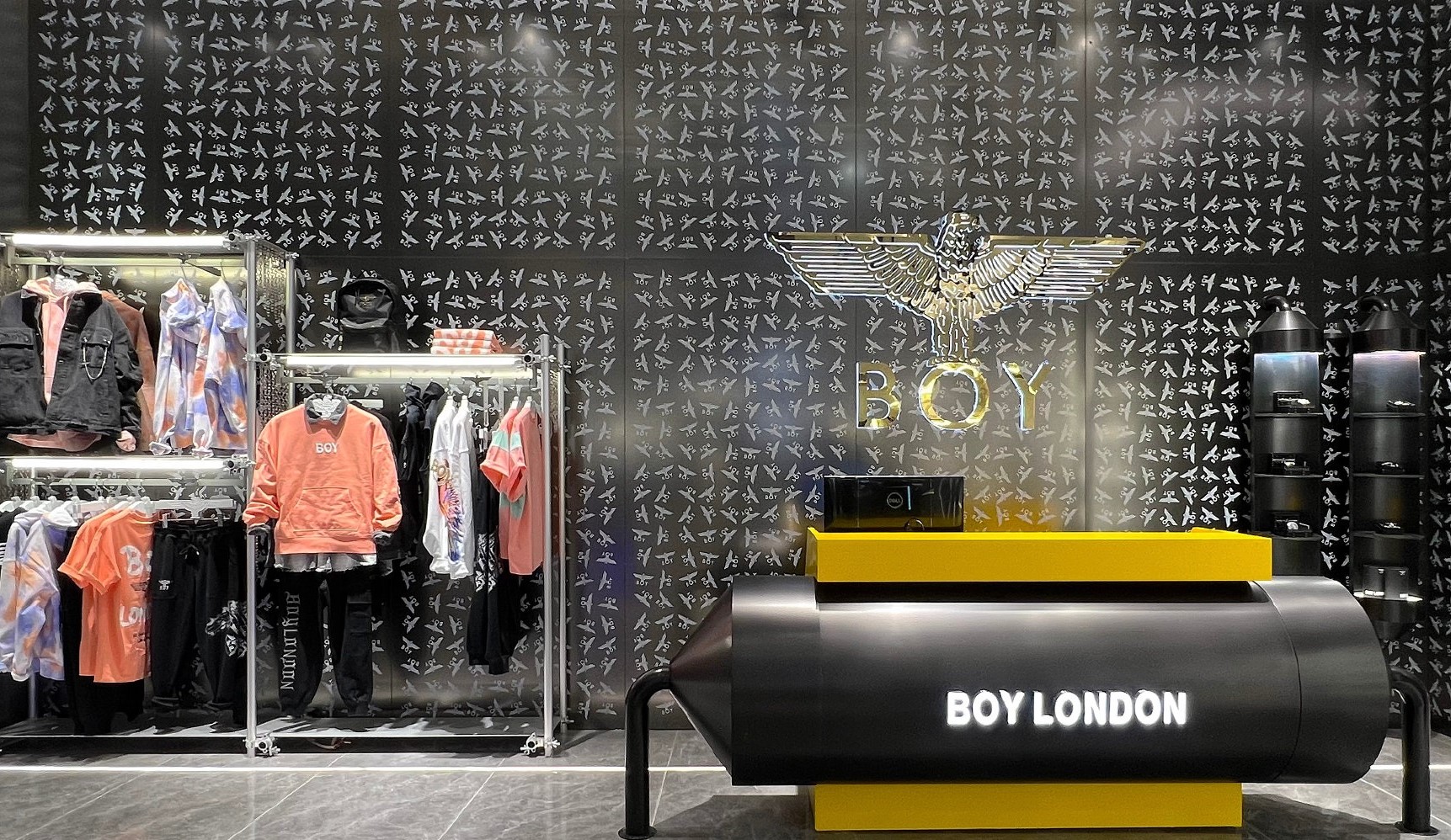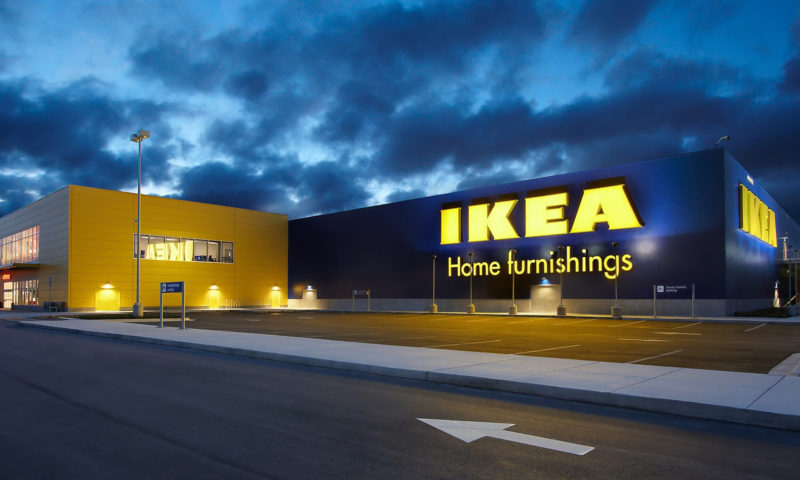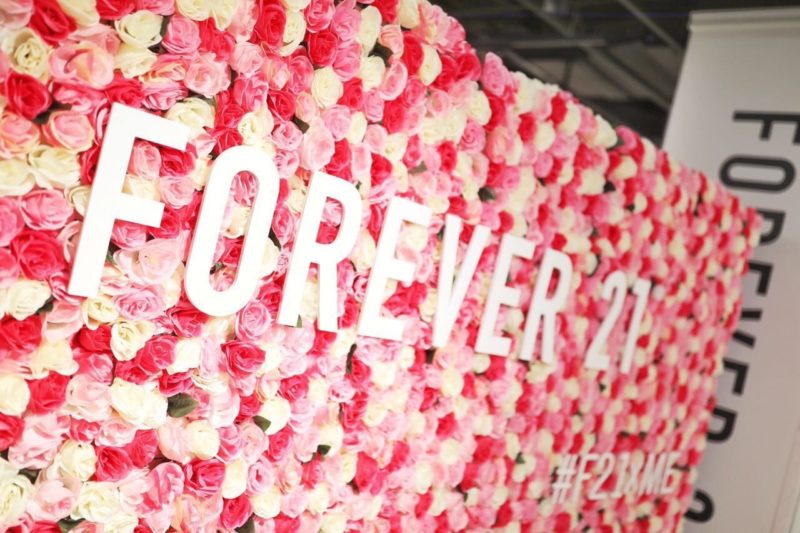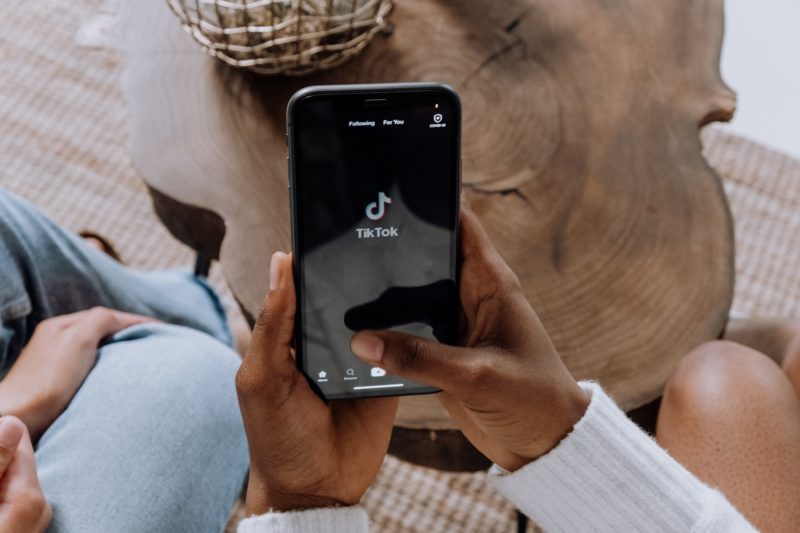British fashion brand BOY London is in hot water after a t-shirt with the brand’s iconic eagle logo was seen worn by one of the gangsters who brutally attacked women in a barbecue restaurant in the prefecture-level city of Tangshan in the North-Eastern Hebei province on 10 June.
Video footage showing a group of gang men dragging two women into the street and beating them up after one of the women rejected unwanted sexual advances has been circulating on Chinese social media. The violent incident sparked national outrage, propelling relevant hashtags such as “Tangshan Violent Incident” to draw in hundreds of millions of views on China’s biggest microblogging site Weibo.
While the investigation is still ongoing with nine people having been arrested as of 11 June, public anger soon spread to BOY London with some Internet users calling the brand’s clothing, the “uniform of gangs”. Others created sarcastic memes saying, “Stay away from people who dress like this”, which features a gang with arm tattoos, gold necklaces, and a BOY London shirt.
It is also reported that the brand’s customer services have been trolled by netizens, forcing the brand to set up a unified response across e-commerce platforms as well as social media which read “we resolutely resist violence”. Adding to the PR crisis is a refund wave where many consumers who had purchased from the brand during the ‘618’ promotional season rushed to make returns on e-commerce platforms including Tmall and JD.com.
Despite the negative response, there have also been rational Internet users acknowledging that the brand shouldn’t be punished because one of the abusers was wearing their clothes and calling on consumers not to associate the incident with the brand.
The episode further added to the cloud surrounding BOY London’s already concerning situation in China as the brand’s reputation has been on edge as a result of an “old-fashioned” logo design and sub-standard product scandals. The brand’s decline in China has been reflected by the series of shop closures in several Chinese cities over the past few years, and poor online performance with the highest monthly sale numbers on the brand’s Tmall flagship store reach just over 1,000 units.
While it is believed the latest boycott of the brand will be temporary, as suggested by Tang Xiaotang, an independent fashion industry analyst, it is understandable that “it would be difficult for the brand to defend itself when the public are in a fever pitch in the event as such, despite no involvement in the attack”, added Ma Gang, a retail industry commentator. The controversy, however, would inevitably put the brand’s future in China into further question.









